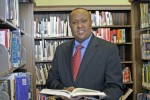
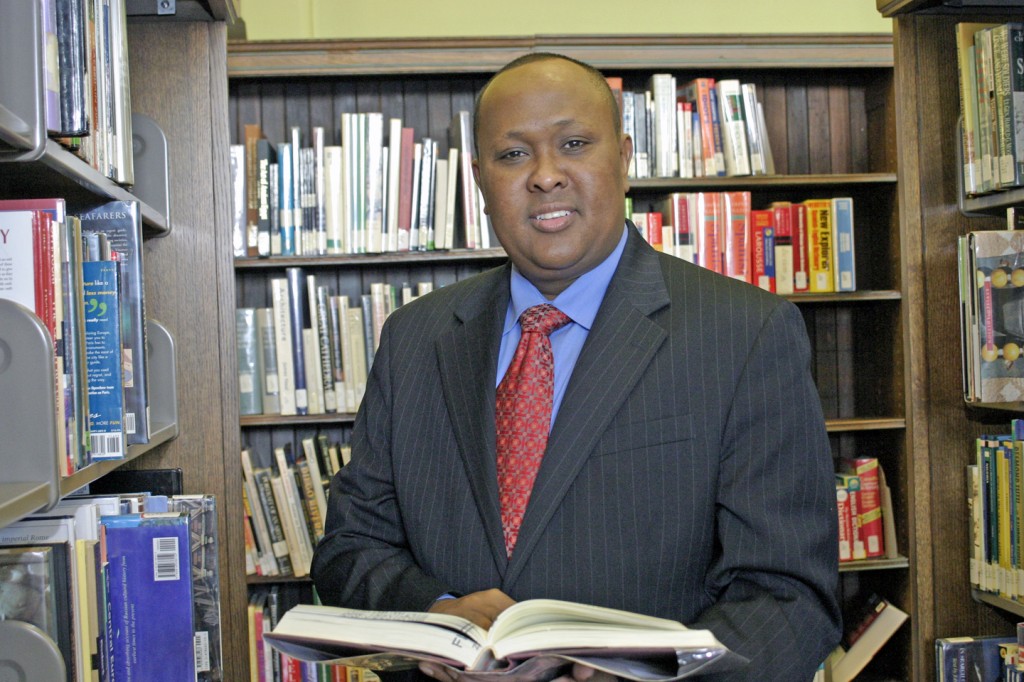
Hussein Samatar, a Somali-American former banker turned entrepreneur and politician, died yesterday (Sunday, August 25, 2013) following complications from leukemia. He was 45.
His death was relayed to the Mshale newsroom in an email message from the board of directors of the African Development Center at 8:39pm Sunday. Samatar founded the African development Center in 2004.
In a March 6 message to friends and supporters Mr. Samatar announced that he was on December 4, 2012 diagnosed with Chronic Lymphocytic Leukemia (CLL) and since the diagnosis had gone through three cycles of chemotherapy and doctors pronounced him as responding well to treatment.
He tweeted a message to followers on May 21 that he was going for a bone marrow transplant on that day and followed again with another tweet on May 27 that the transplant went well but that “it was gruesome”.
His last tweet was on August 4 where he said he had been hospitalized for the previous two weeks.
Mr. Samatar graduated from Somalia’s National University in 1991 just as civil war was erupting and he eventually found his way to Minnesota where he enrolled at the University of St. Thomas earning an MBA and working as a banker for Wells Fargo.
It was while at Wells Fargo bank where Mr. Samatar realized how difficult it was for new African immigrants to obtain loans to start or finance their businesses. He left the corporate world in 2004 to launch the African Development Center so as to provide microloans and technical expertise to emerging African immigrant businesses.
Over the years, the center also branched out to providing first time home buyer training to African immigrants.
Mr. Samatar’s activities with the African Development Center garnered him substantial press coverage over the years, but it was his appointment in November 29, 2005 by Minneapolis Mayor RT Rybak to the now defunct Minneapolis Library Board that brought him to the attention of the wider public and to the larger African immigrant community following a much read profile of him by Mshale on January 2006 following his appointment. The Minneapolis library system was eventually absorbed into the Hennepin County Library system.
The success ADC was having with helping African immigrant businesses get off the ground led Samatar to lead the organization in another ground breaking innovation in partnership with the City of Minneapolis in 2006, lending that is compliant with Islamic law which prohibits the charging of interest rates.
In the Sharia compliant system of lending, instead of charging interest, Samatar’s ADC estimates how long it will take to pay the loan, combines that with the calculated interest and combines the two to make one lump sum “It feels like, looks like and acts like a loan, but it’s just a different way of looking at it,” Samatar said at the time.
In 2010, Mr. Samatar, virtually running unopposed won an election to the Minneapolis School board, an achievement that made him the first Somali-American to be elected to public office in Minnesota. Mainstream media declared the win as one that “most likely made him the first Somali-American elected to public office in the country.”
During his tenure at the Minneapolis School Board, Mr. Samatar served on the audit, finance and teaching and learning committees. Minneapolis School Board Chair, Alberto Monserrate, said Samatar will be profoundly missed by his colleagues on the school board, as well as the many community members whose lives he touched.
“I join the rest of the Minneapolis Public Schools community in mourning the loss of Director Hussein Samatar,” said Dr. Bernadeia Johnson, superintendent of schools. “Hussein was a passionate leader, a committed public servant, a dedicated collaborator and a valued friend. My thoughts, prayers and the condolences of countless others at MPS and in our larger community are with his family as they grieve his passing and celebrate his legacy.”
In a statement to Mshale, Minneapolis Mayor RT Rybak said one of his greatest pleasures as mayor was getting to know Samatar.
“He has been an extraordinary leader and a real friend,” Rybak said. “I am heartsick about losing him, but I will look for solace in knowing how many people he helped.”
Mr. Samatar is survived by his wife Ubah and four children.
A message from ADC said funeral services for Mr. Samatar will be held today, Monday, August 26 starting at 1:00PM at the Burnsville Masjid. The masjid’s address is: 1351 Riverwood Drive, Burnsville, MN 55337.
The service is open to the public.
About Tom Gitaa Gitaa, Editor-in-Chief
Born and raised in Kenya's coastal city of Mombasa, Tom is the Founder, Editor-in-Chief and Publisher of Mshale which has been reporting on the news and culture of African immigrants in the United States since 1995. He has a BA in Business from Metro State University and a Public Leadership Credential from Harvard’s Kennedy School of Government. He was the original host of Talking Drum, the signature current affairs show on the African Broadcasting Network (ABN-America), which was available nationwide in the United States via the Dish Network satellite service. On the show, he interviewed Nobel laureates such as 2004 Nobel Peace prize winner, Professor Wangari Maathai, the first woman from Africa to win the peace prize and heads of states. Tom has served and chaired various boards including Global Minnesota (formerly Minnesota International Center), the sixth largest World Affairs Council in the United States. He has previously served as the first Black President of the Board of Directors at Books for Africa. He also serves on the boards of New Vision Foundation and the Minnesota Multicultural Media Consortium. He has previously served two terms on the board of the United Nations Association. An avid runner, he retired from running full marathons after turning 50 and now only focuses on training for half marathons.
- Web |
- More Posts(455)




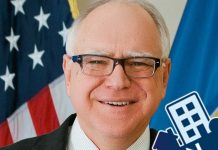

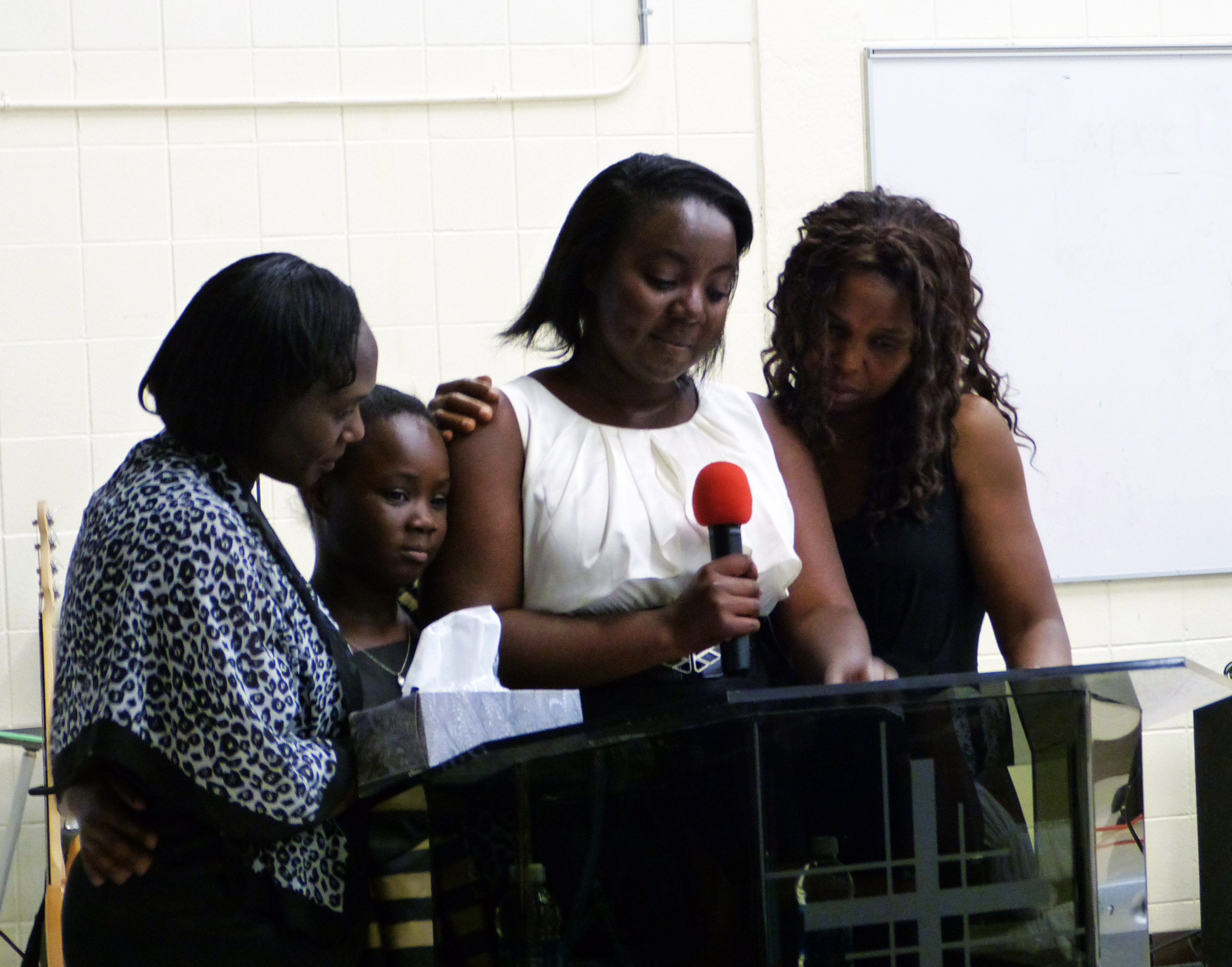
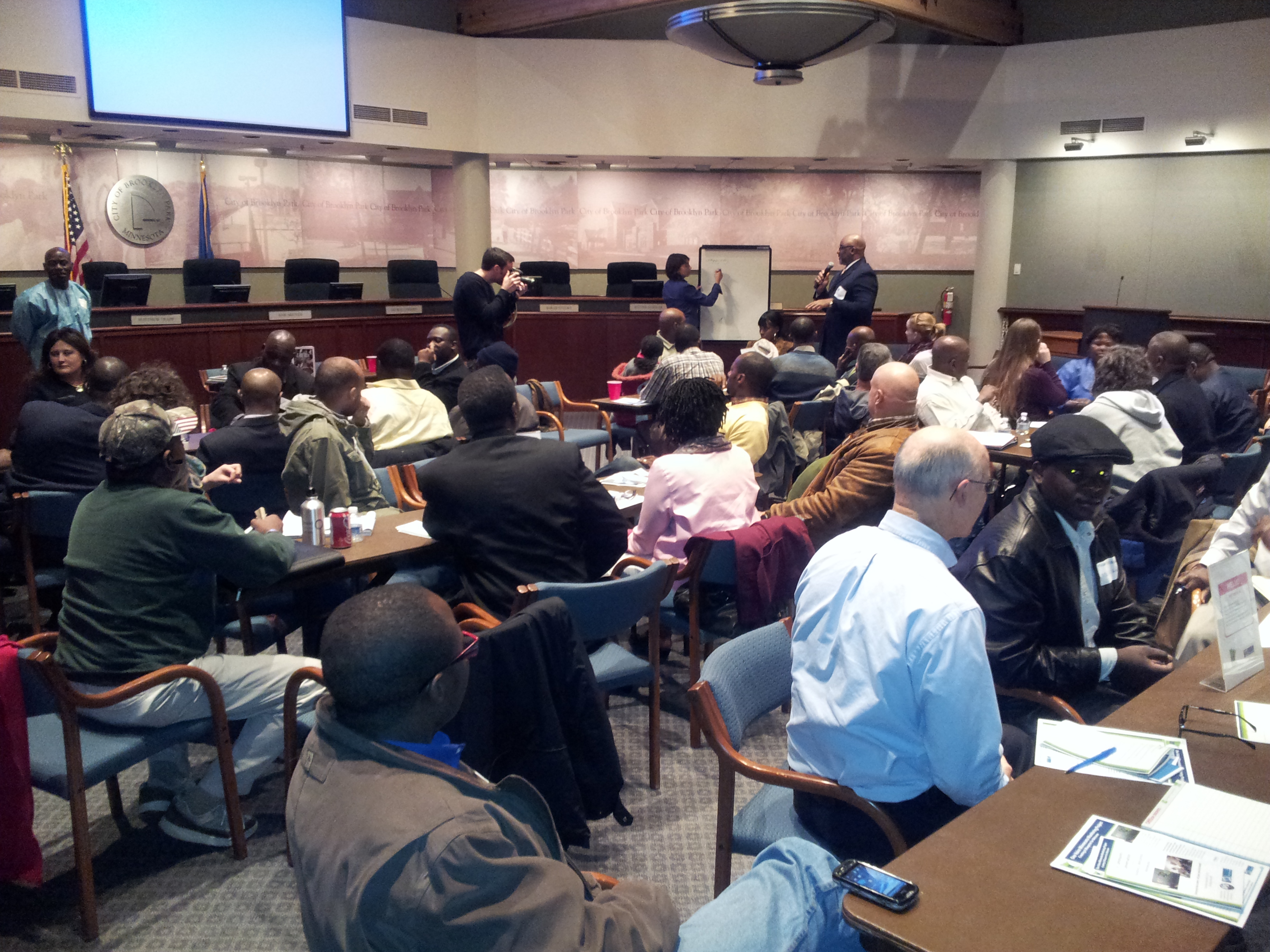



The death of Mr. Samatar is a huge loss for not only the African Community, but any progressive community. May his soul rest in peace!
I did not know Mr. Samatar personally but, after reading about his commitment to helping others I join with all who will agree that he leaves a rich legacy that will live forever.
Comments are closed.